

“Ensure Recovery through Decent Work towards a rules-based, people-oriented and people centred ASEAN Community”
The ITUC - Asia Pacific (ITUC-AP) and the ITUC were invited by ASEAN Labour Ministers to their 26th ASEAN Labour Ministers Meeting (ALMM), held virtually on 28 October 2020, as requested by the ITUC-AP and the ITUC for our campaign on the ASEAN to ensure decent work is at the heart of the ASEAN agenda. The Chair of the ALMM, Ms. Ida Fauziyah, Minister for Manpower of Indonesia, welcomed the ITUC-AP/ITUC delegation, headed by Shoya Yoshida, General Secretary of the ITUC-AP, while underlying the ALMM’s first ever engagement with the ITUC-AP/ITUC. Sharan Burrow, General Secretary of the ITUC, and Rajendra Acharya, Regional Secretary of the UNI Asia and Pacific, were in the delegation with Shoya Yoshida to propose policy recommendations for the ASEAN’s full recovery from the current crisis towards realisation of its vision of a rules-based, people-oriented and people centred for the Community. (Please see attached below the ITUC-AP submitted to the 26th ALMM.)
Shoya Yoshida highlighted that the ALMM was convened at a crucial time to transform their commitments into an action plan (the ASEAN Labour Ministers Work Programme 2021-2025) to build forward better after the unprecedented global health, economic and social crisis towards the vision of the Community.
Sharan Burrow made her intervention on jobs, social protection and living wages, major elements for recovery and resilience. High informality and precarity in jobs in the ASEAN economy were pointed out, and also a slump in global and domestic demands with insufficient wage incomes and deficits in social protection was highlighted. Sharan Burrow underlined the need of a new system of economy for all workers with a fair competition floor for business. In this regard, she proposed our ASEAN +50 campaign with a floor of minimum living wages and adequate social protection for the ASEAN Community. She underlined that the ASEAN, as it has been in the forefront of global economic growth, should be at the heart of the process to build a resilient future with shared prosperity.
Rajendra Acharya spoke on occupational health and safety (OHS) and just transition. Firstly, he reiterated that OHS was not only a fundamental human and workers’ right but also a necessity for economic and social development. Especially he pointed out that the COVID-19 pandemic has shown the importance of safe workplaces to protect workers with a significant implication on keeping the economy open. It this regard, it was stressed that OHS is essential to the building of a new social contract to ensure recovery and resilience in a post COVID-19 world. For just transition, he emphasised two key issues; digital transition and green job transition.
Last but not least, Shoya Yoshida raised an issue on fundamental workers’ rights and social dialogue. He referred to commitments of the ASEAN member states to fundamental workers’ rights and social dialogue, in particular, in the Bali declaration (2016) and the ASEAN Labour Ministers statement on Future of Work (2019). It was highlighted that collective representation and social dialogue were a public good at the heart of democracy as well as a key to build a resilient, sustainable and inclusive post-COVID world. In this regard, he requested the ASEAN Labour Ministers to take concerted actions to promote social dialogue at all levels based on the full respect of fundamental rights at work.
In the conclusion, on behalf of the delegation, Shoya Yoshida thanked the ASEAN Labour Ministers for dialogue with trade unions at the 26th ASEAN Labour Ministers Meeting as well as the 16th Senior Labour Officials Meeting this year. He reaffirmed our commitment to promoting decent work and inclusive growth to build a rule-based, people-oriented and people-centred ASEAN Community as well as to ensure full recovery with resilience in the post-COVID era. In order to realise the goal, Shoya Yoshida highlighted continued dialogue between the ASEAN Labour Ministers and trade unions.


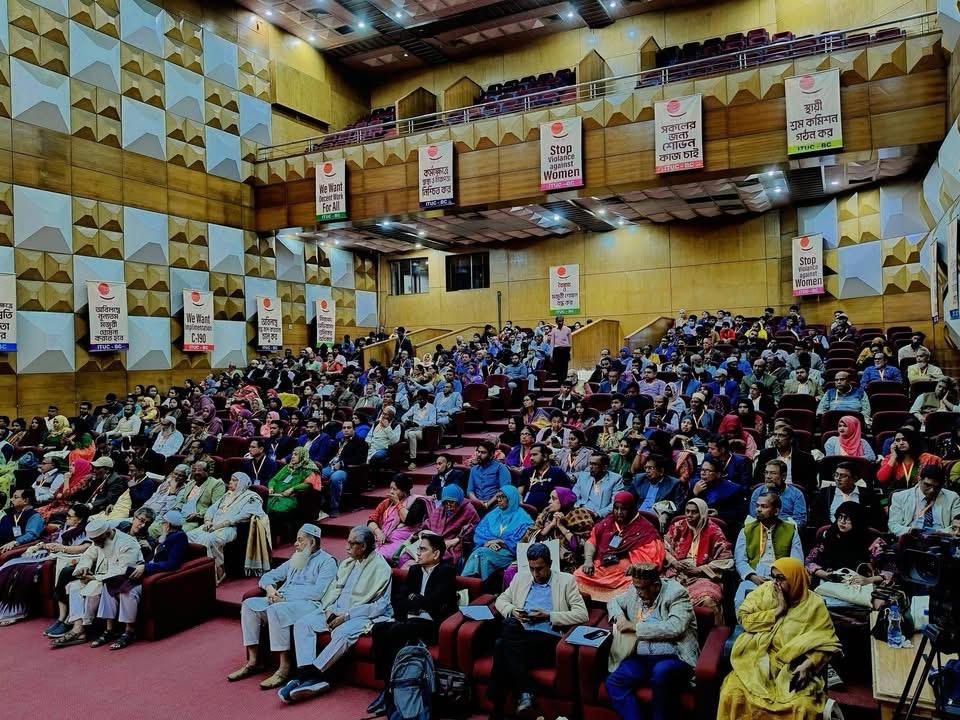











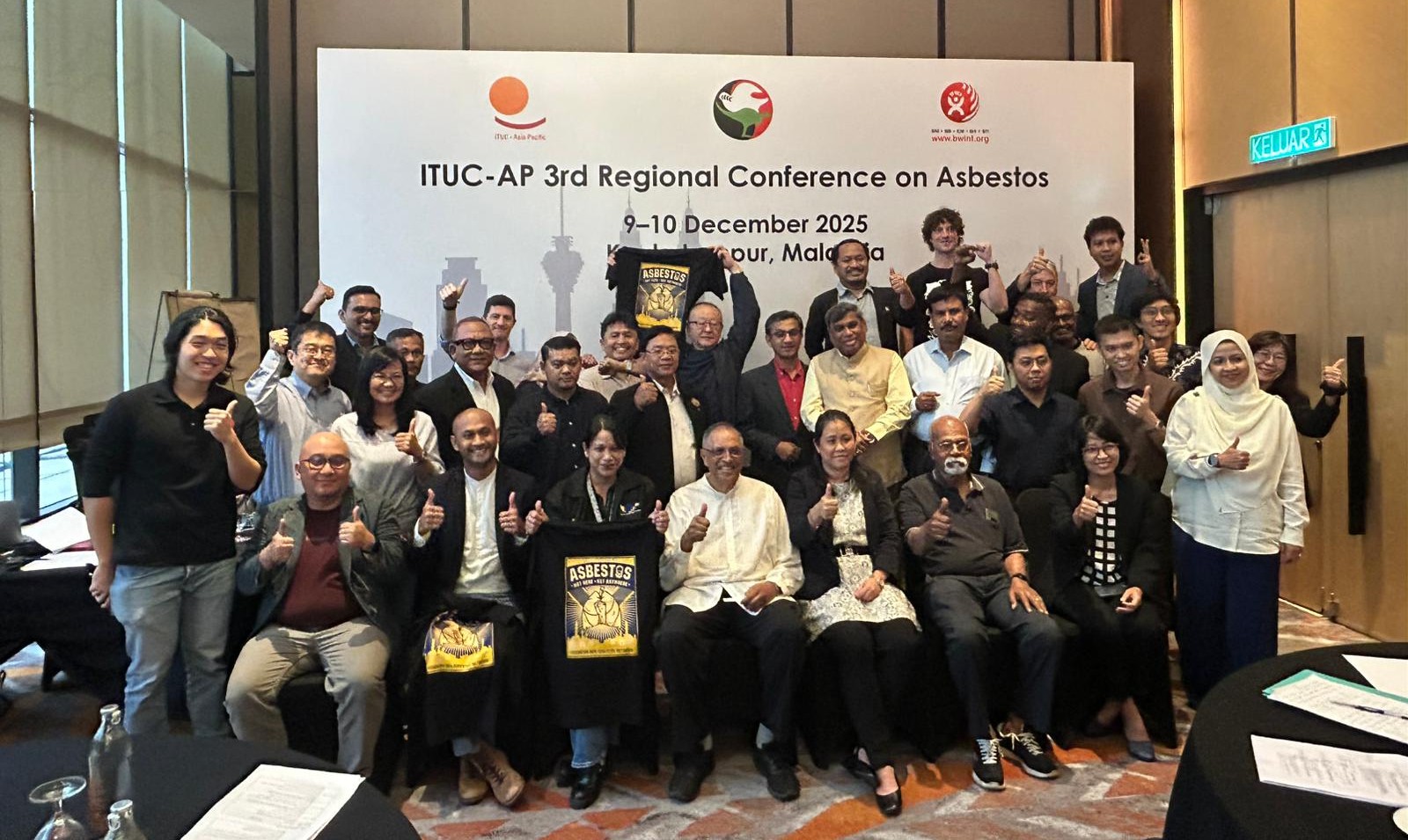











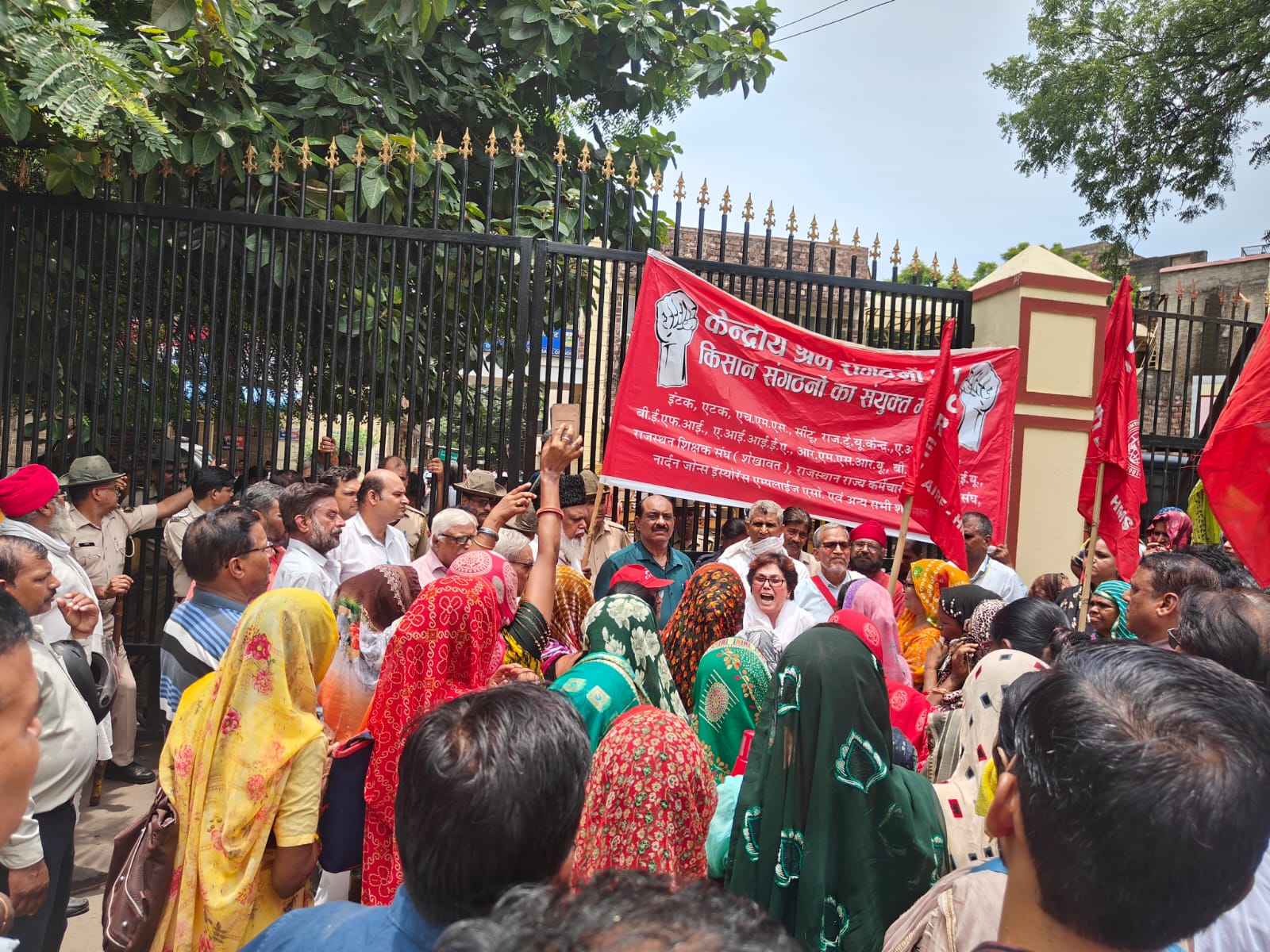





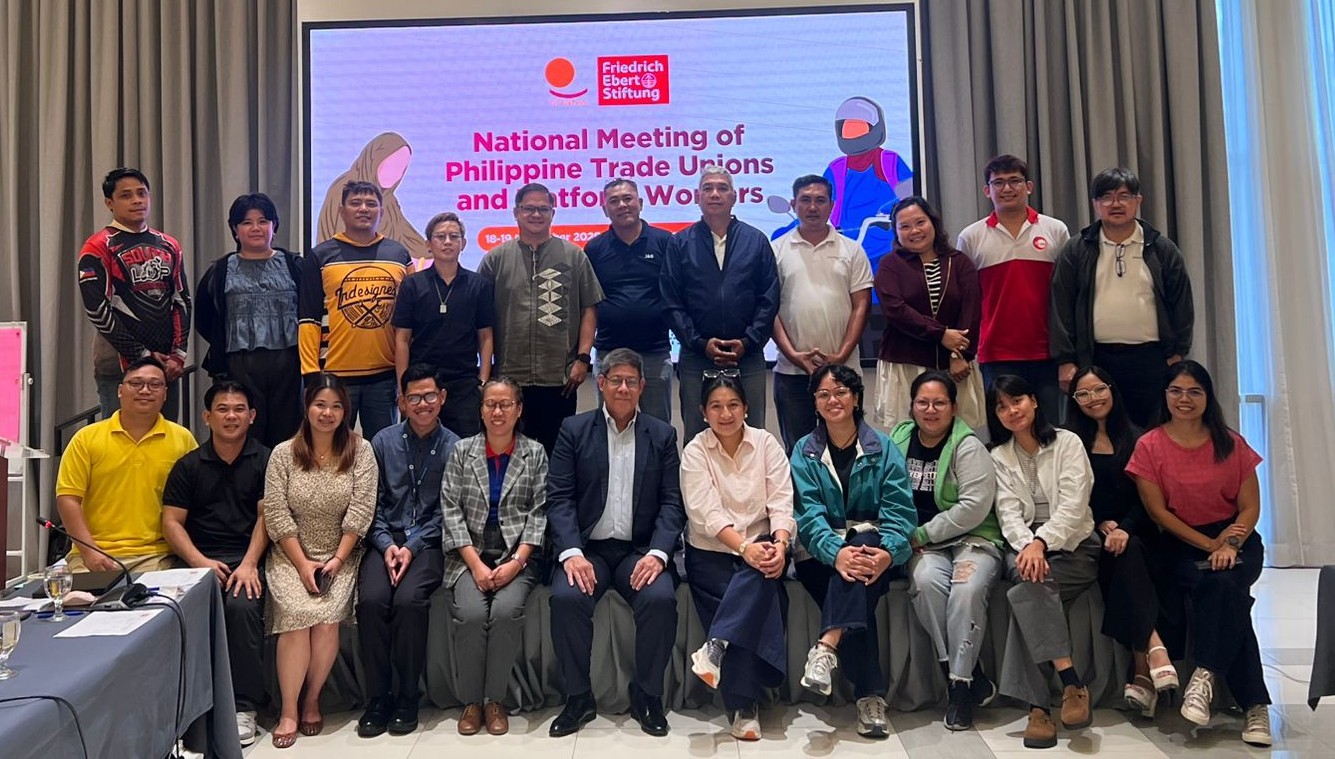





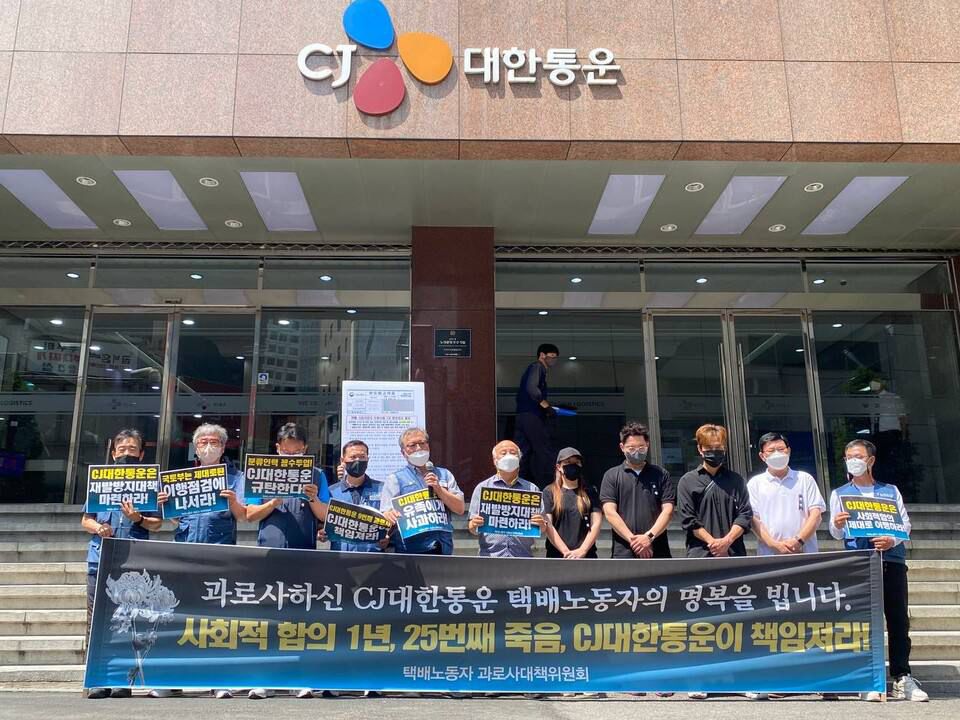





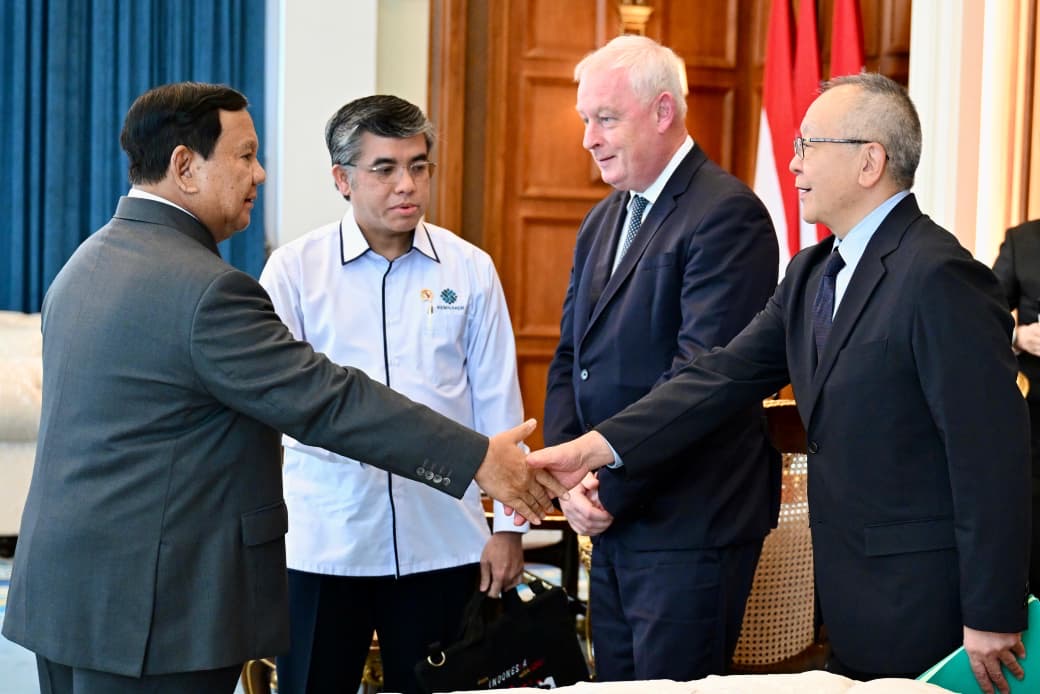





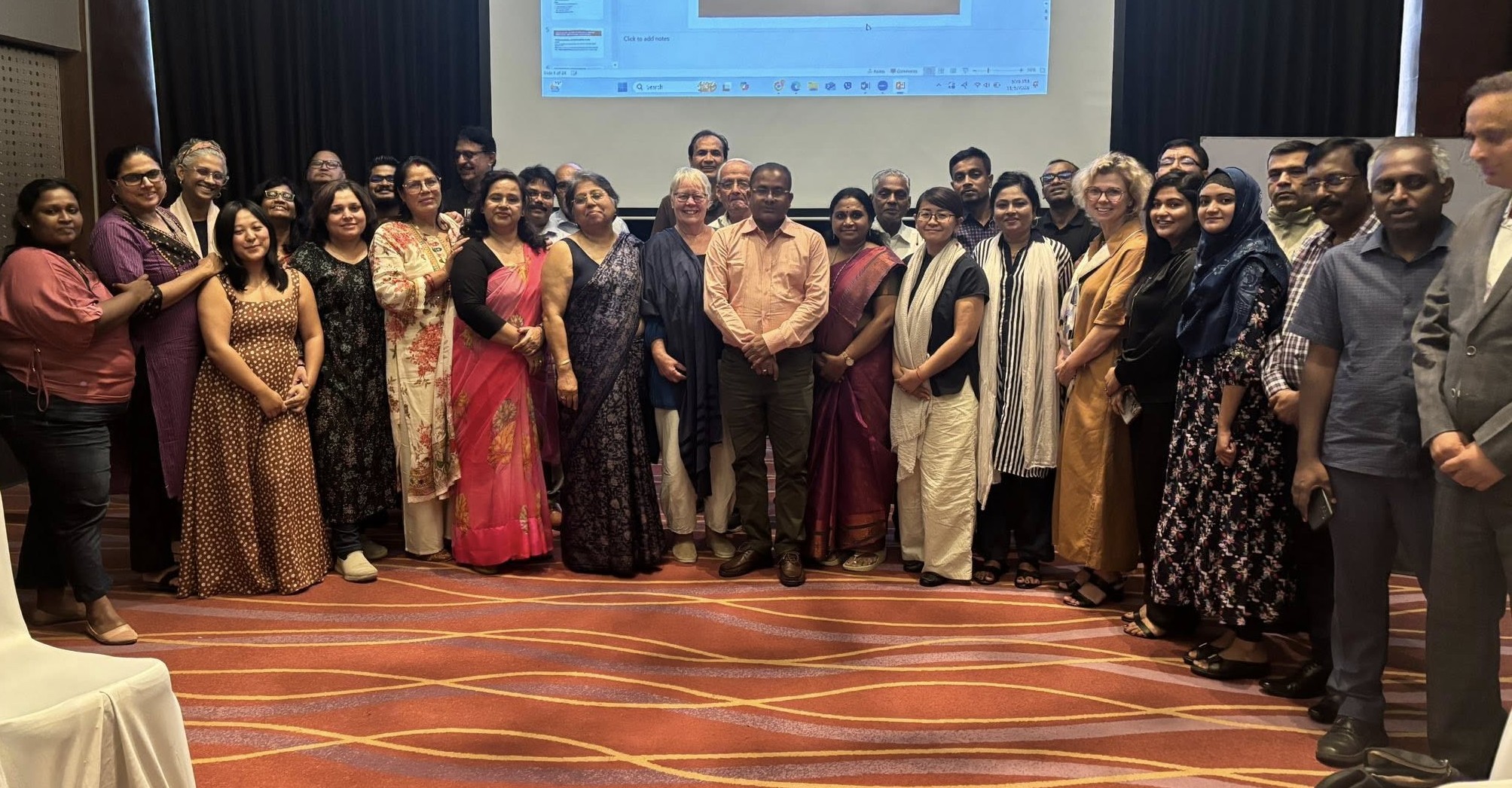





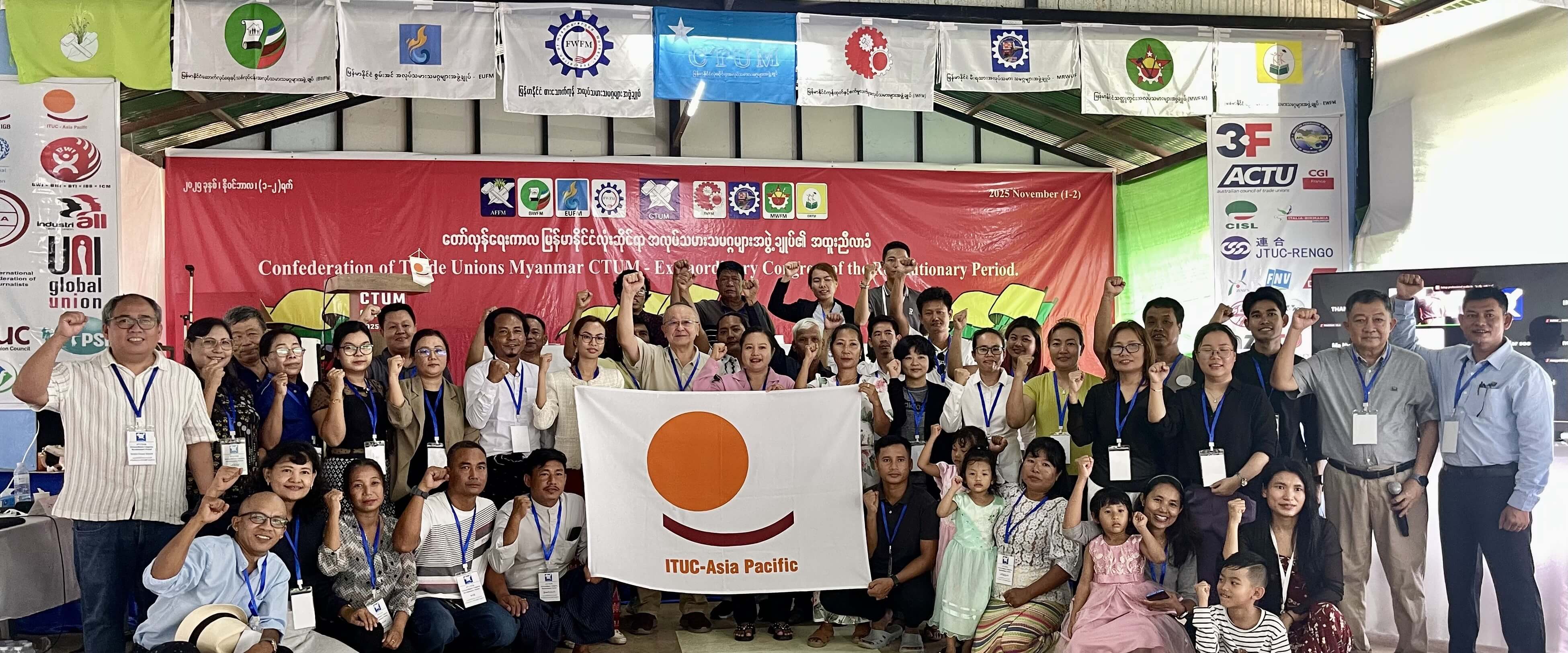





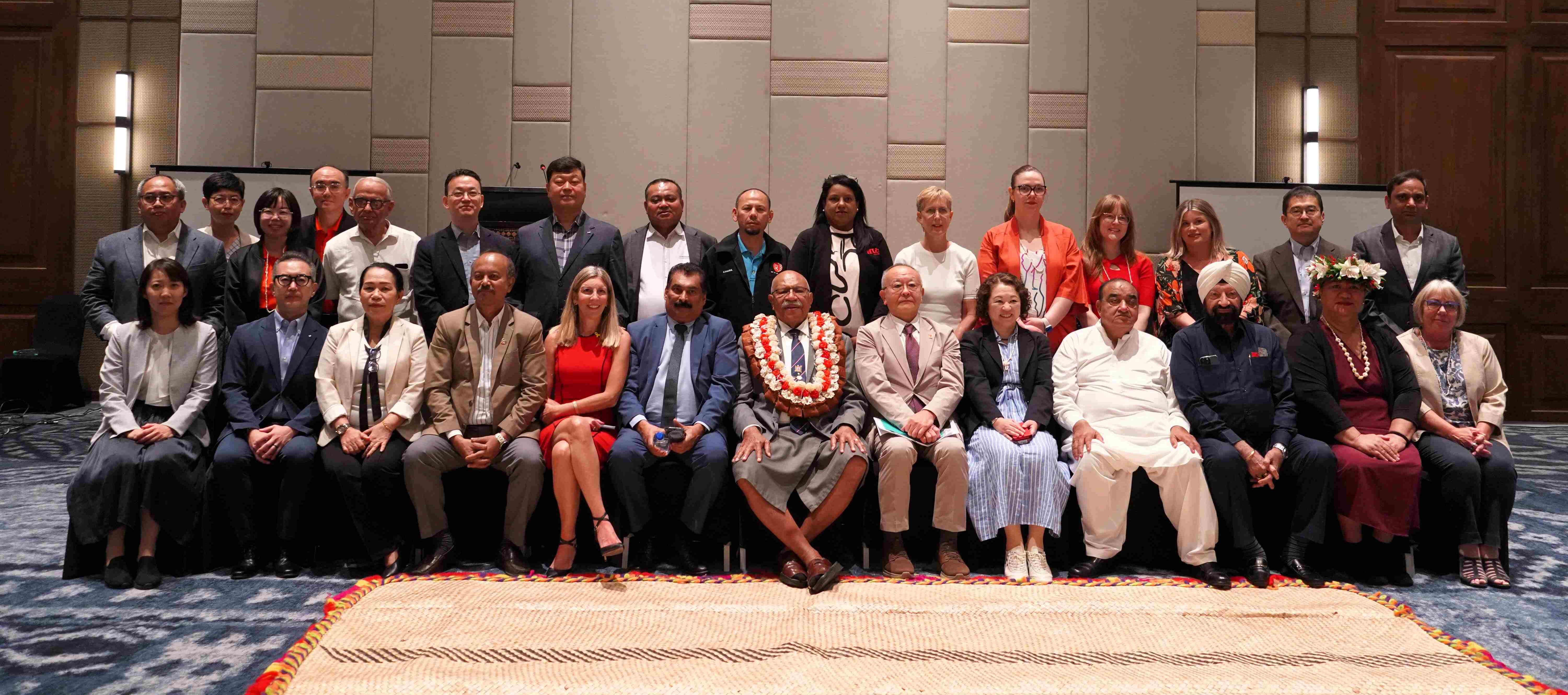





.jpg)


.jpg)














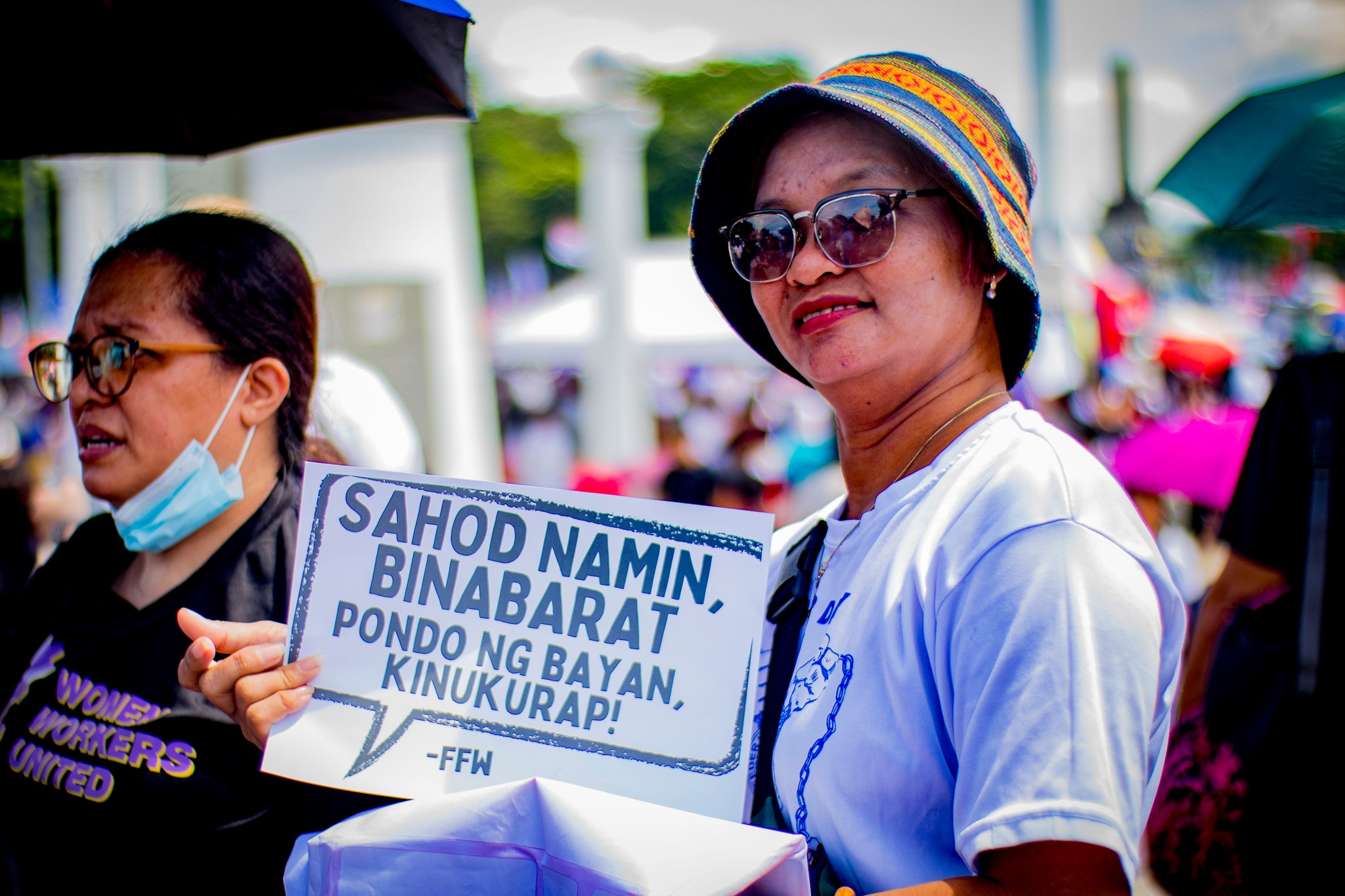





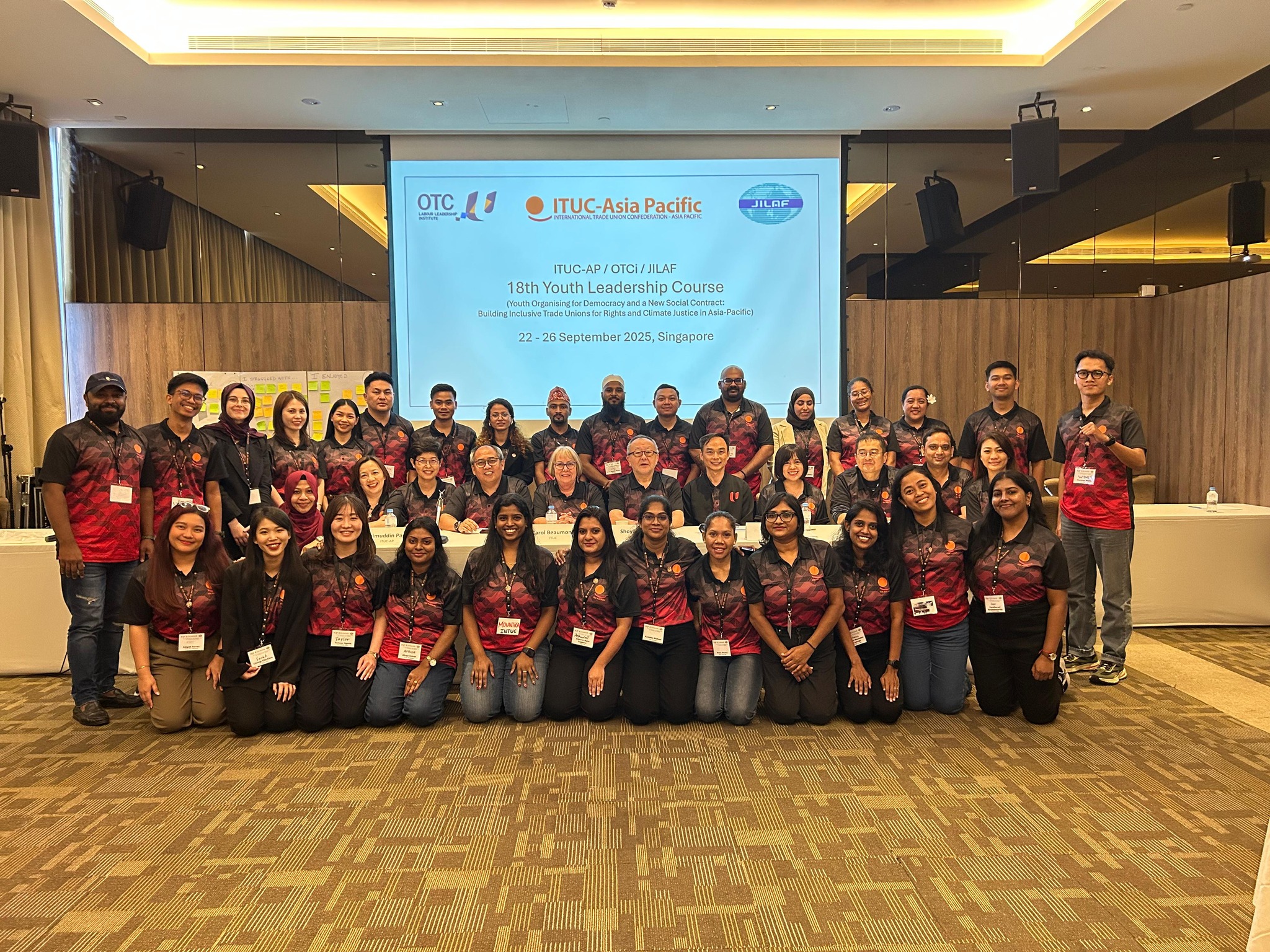





.png)


.png)








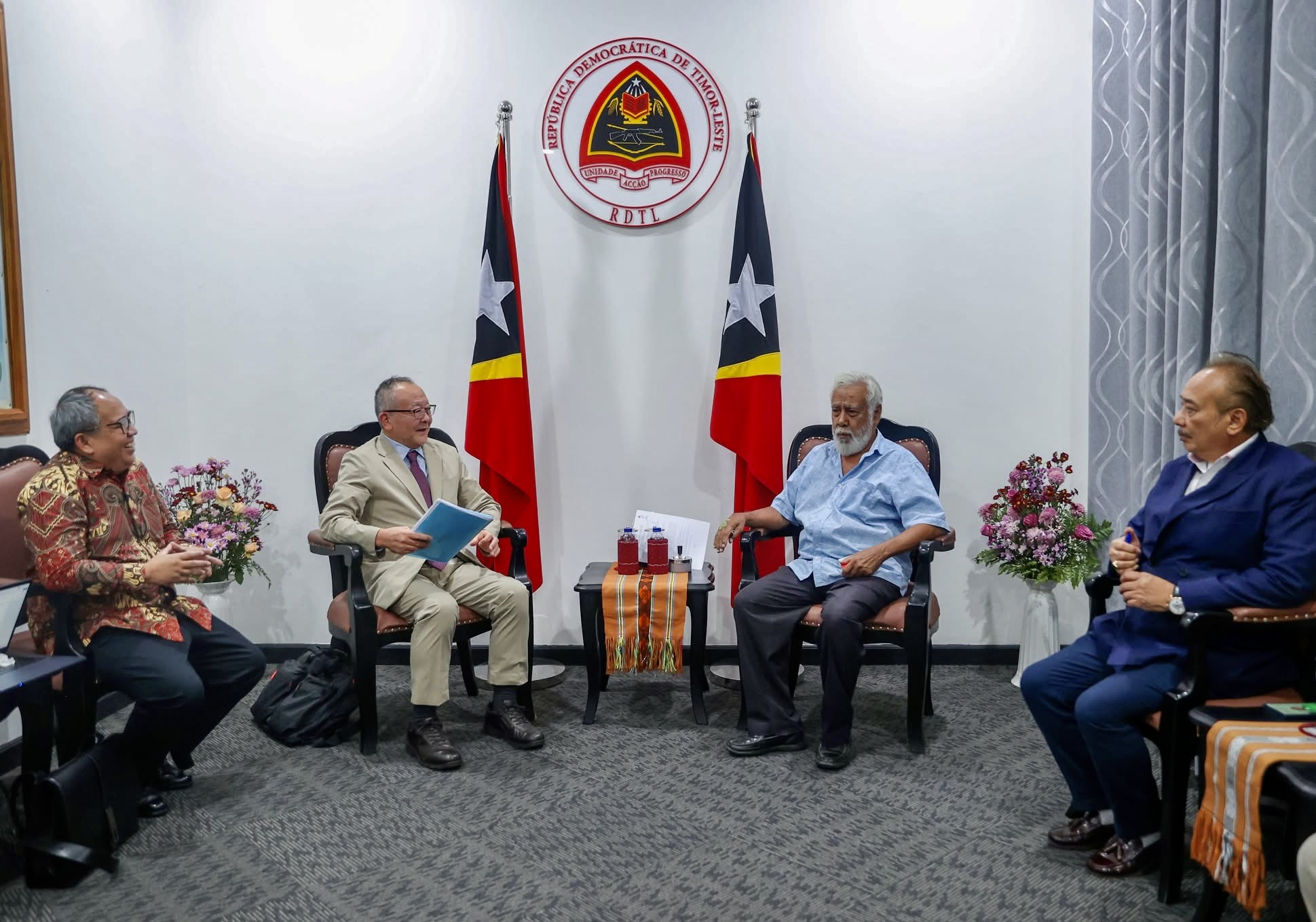





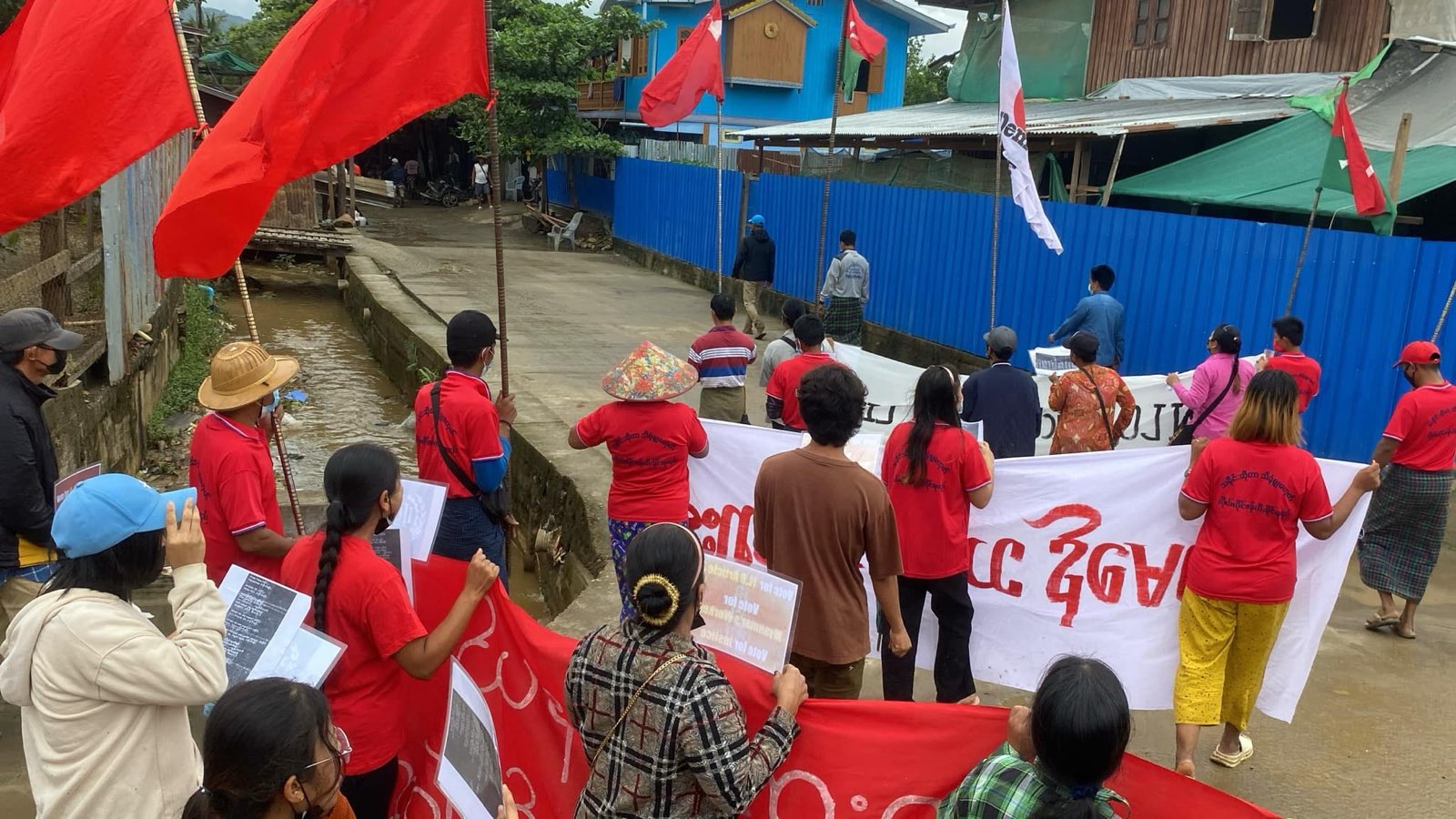





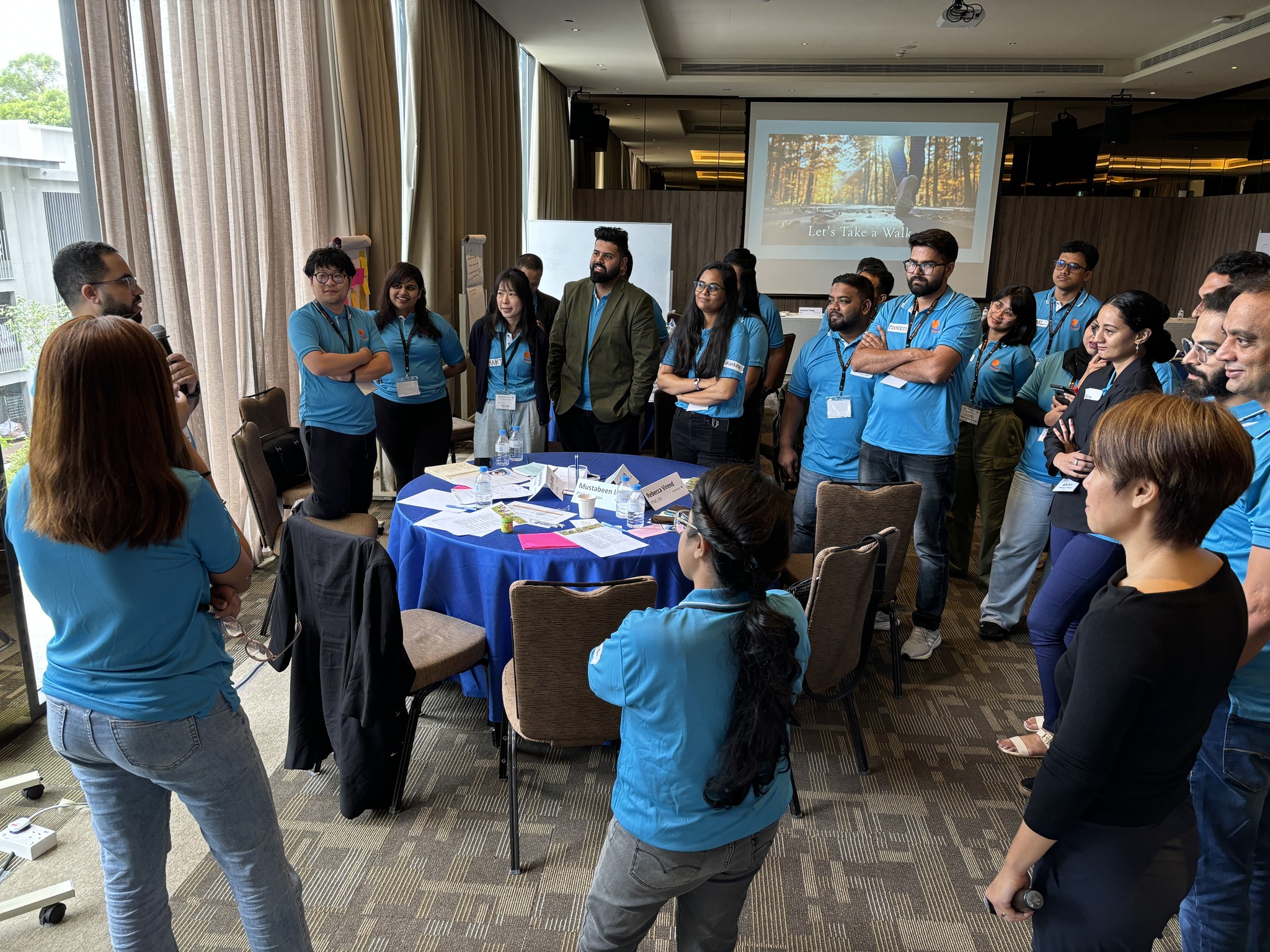





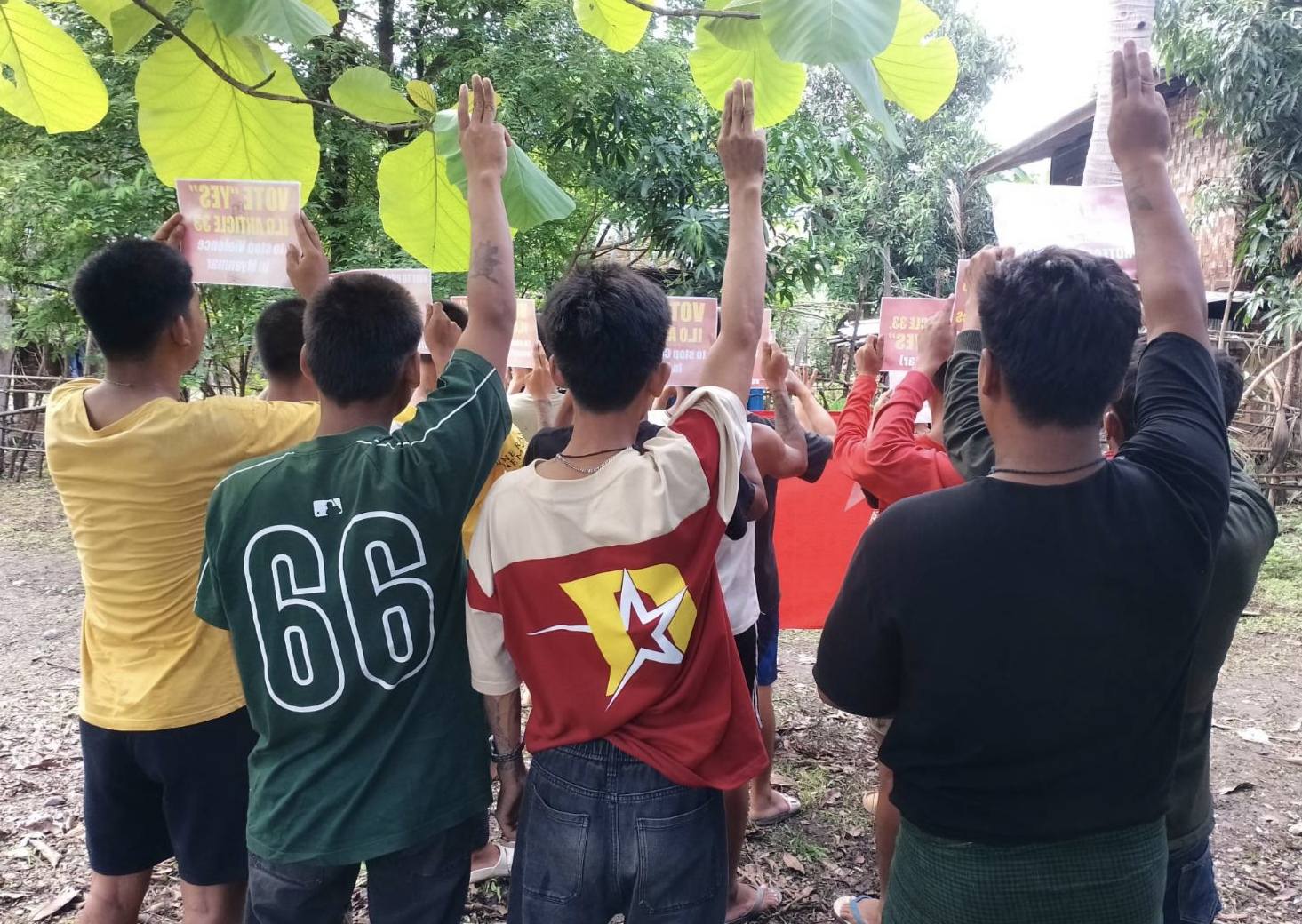





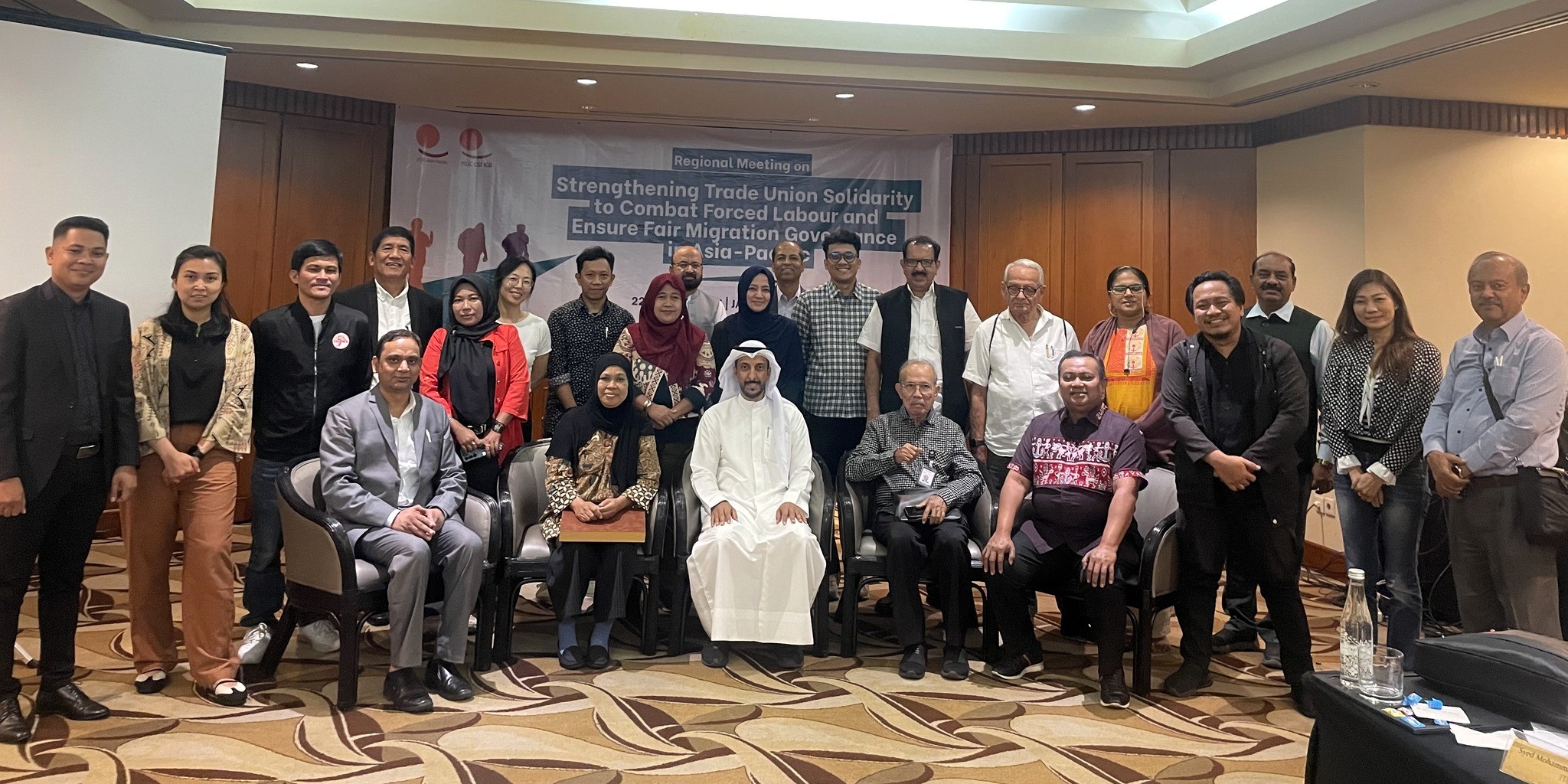























.png)


.png)














.png)


.png)
















































































































%20(1).png)


%20(1).png)
























.jpg)


.jpg)














































































.png)


.png)
























.png)


.png)














































































































.jpg)


.jpg)


























.png)


.png)

